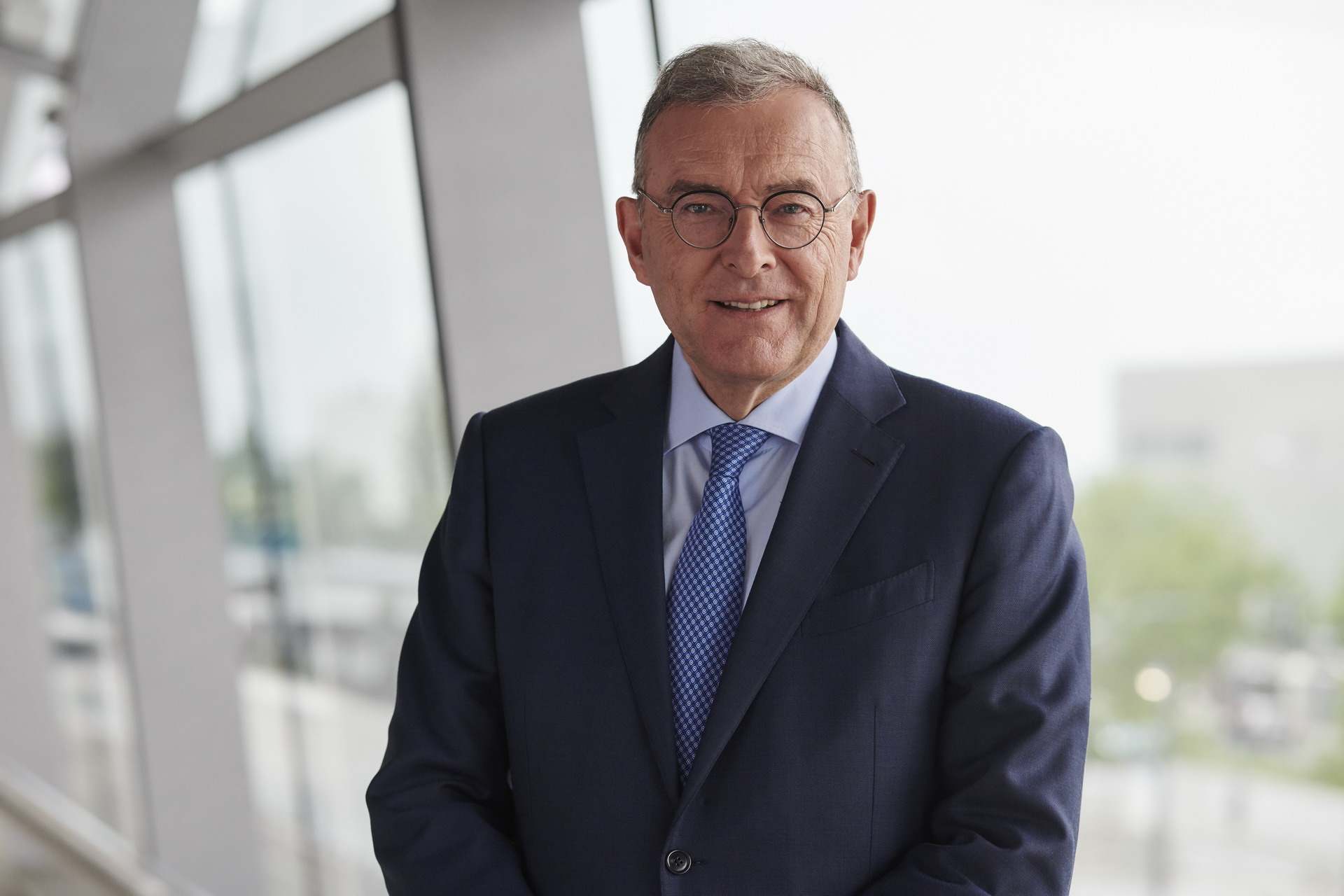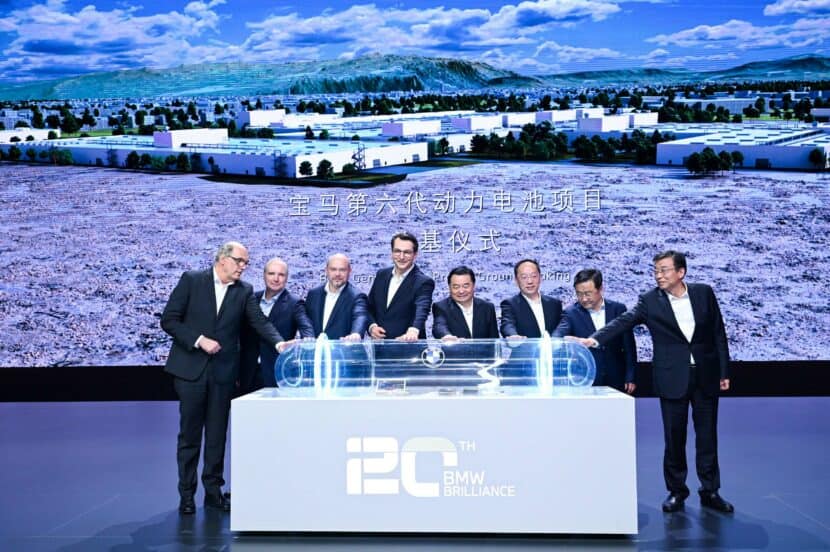After a decade at the helm of BMW’s Supervisory Board and two terms as BMW CEO, Norbert Reithofer will step down in 2025. At 68 years old, Reithofer has guided BMW through pivotal moments, including the financial crisis of 2008-2009, and now oversees the company’s transition into the era of electromobility. In an exclusive interview with Manager Magazin, Reithofer shared insights on the challenges facing the automotive industry and BMW’s strategic response to the evolving market landscape.
The Neue Klasse: BMW’s Answer to E-Mobility Leadership
Central to Reithofer’s vision for BMW’s future is the launch of the Neue Klasse generation of electric vehicles, set to roll off production lines next year starting with the BMW iX3. This new architecture will underpin most of the future BMW EVs and it’s key to strengthen the brand’s competitiveness in key markets like China, where sales have declined in recent years. “With the Neue Klasse Class, we will be very competitive in China,” Reithofer told Manager Magazin. “Technologically, we are making a big leap forward.” More importantly, the Neue Klasse will help BMW stay competitive when it comes to pricing.
Reithofer likened today’s challenges to those BMW faced during the financial crisis but emphasized the current challenges. Legacy automakers like BMW must now compete with emerging players such as BYD, whose expertise in EV production has taken everyone by surprise.
In addition to competition, the shift away from internal combustion engines has brought new hurdles for established automakers. While Reithofer supports stricter emission standards, he criticized the EU’s planned ban on ICE vehicles by 2035 as overly rigid. “There are too many extremes in thinking,” he argued, calling for greater flexibility to allow automakers to meet sustainability goals through varied approaches.
Global Trade and Production Strategies
Reithofer also addressed the escalating trade tensions between the U.S. and China, emphasizing the importance of localized production. With Asia dominating the supply of key raw materials and battery cells, BMW must maintain a balanced strategy to succeed globally. “To be successful in the U.S. as well as in China, you also have to produce in the respective country and deal with local conditions,” he explained. However, he warned against excessive regulation within the EU, advocating for pragmatic solutions over bureaucratic red tape.
BMW’s Path Forward
When Reithofer steps down, BMW will hand over t he supervisory board leadership to Nicolas Peter, the company’s former chief financial officer. Peter, who served as CFO from 2017 to 2023, will bring his financial expertise to BMW’s strategic direction during this transformative era. [Source: Manager Magazin]







































































